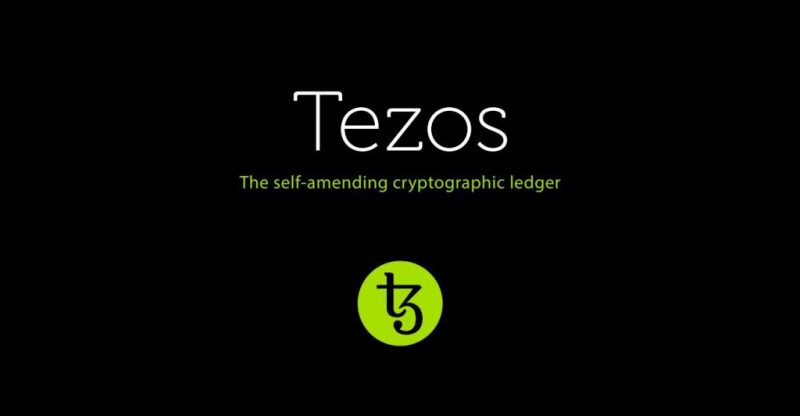Tezos Network Launches After Months Of Interruptions, Off-Chain Disagreement
The Tezos Foundation revealed in an official blog post that the betanet has being launched.
Tezos is a smart contract platform which generated $232 million in its first coin offering (ICO) in July 2017, making it the largest token sales at that time. The platform is proud of its on-chain governance model and formal verification for smart contracts. Following years of active progress, many class action lawsuits, and several interruptions, Tezos has been able to launch successfully.
“The future of Tezos rests in the hands of its community. This moment marks an inflection point for the project, and we are excited to support community developers, scientists, validators (“bakers”), and enthusiasts from all over the world as they drive the success of this innovative, decentralized network.”
Ryan Jesperson, president of the Tezos Foundation in an exclusive statement to CNN noted:
“From the outset, the code base underpinning the Tezos protocol has been engineered with security in mind. Although no system can be completely secure, every system can be continuously improved towards that goal — fixing bugs, maintaining and adjusting the code base, and integrating additional functionality are several actions that may be taken while the betanet is live.”
“Unscheduled downtime and/or hard forks may occur as upgrades are implemented. It is anticipated that all transactions that take place on the betanet will persist into the mainnet, which will launch after the betanet has sufficiently matured,” he further added.
The foundation also revealed they would be sponsoring HackerOne, a San Francisco-based cybersecurity firm, to handle their bug bounty program. They also initiated a security audit and code review headed by Least Authority and security researchers at Inria respectively.
In an email sent to investors, the Tezos Foundation note that even though they have thought about maintaining a veto power with consideration to network proposal for a year, they have decided against it.
“Adopting amendments to the protocol is a central element of Tezos and no single entity should have the power to alter decisions agreed upon by community members. The option of a temporary veto had been considered solely as a security measure, but the Foundation is committed to decentralization from day one. We think that this decision reflects that priority,” Jesperson stated.





